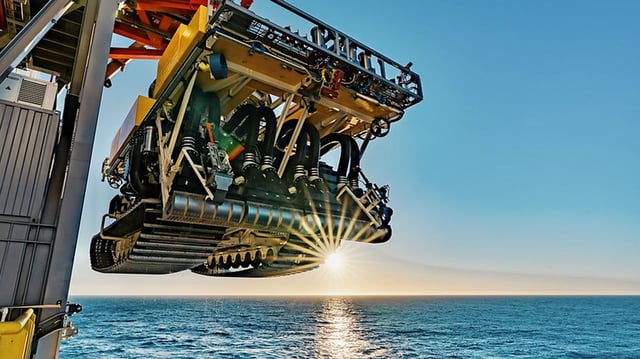Overview
- A Science Advances study confirms that humans have observed less than 0.001% of the deep seafloor, highlighting vast scientific unknowns about this critical ecosystem.
- The deep sea, which stores 90% of excess heat and 30% of human-emitted CO₂, is vital to global climate regulation but remains largely unexplored.
- The U.S. recently issued an executive order to fast-track deep-sea mining permits, with the first commercial application already submitted by The Metals Company.
- Environmental groups and 32 countries are calling for a global moratorium on seabed mining, citing the risk of irreparable damage to deep-sea habitats.
- Past mining tests in areas like the Clarion-Clipperton Zone have left scars visible after 40 years, underscoring the long-term environmental impact of such activities.
